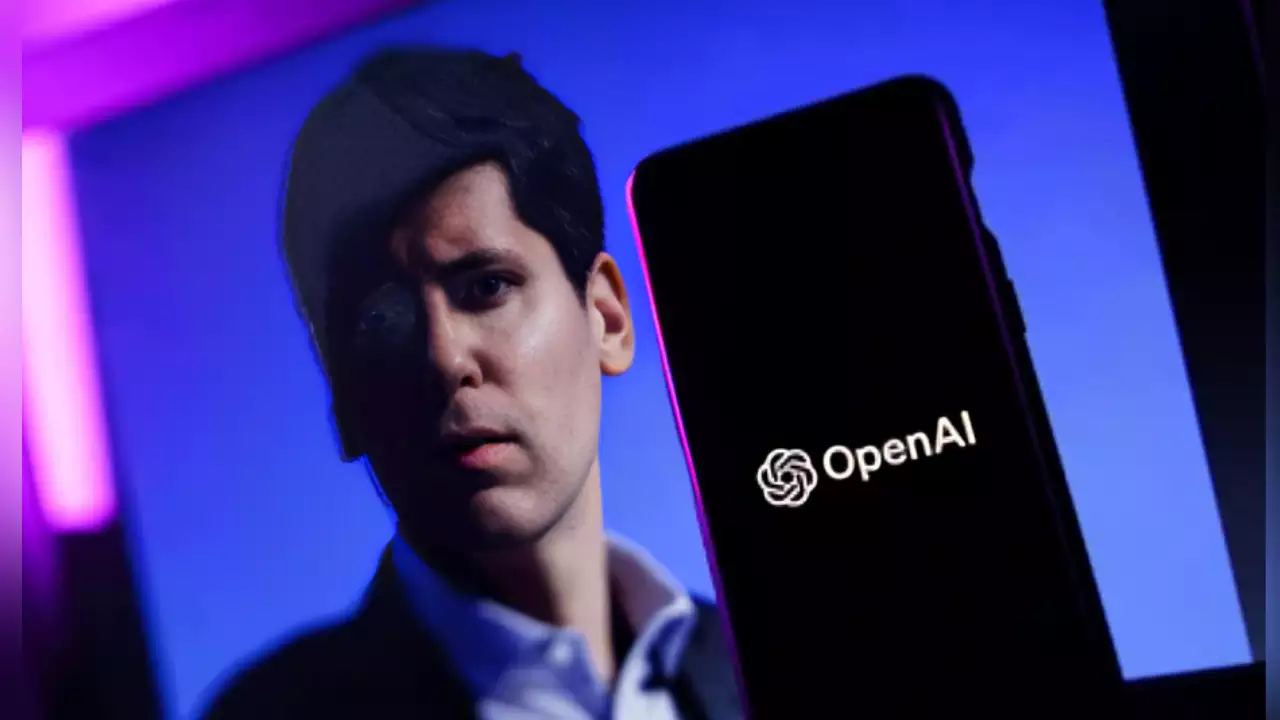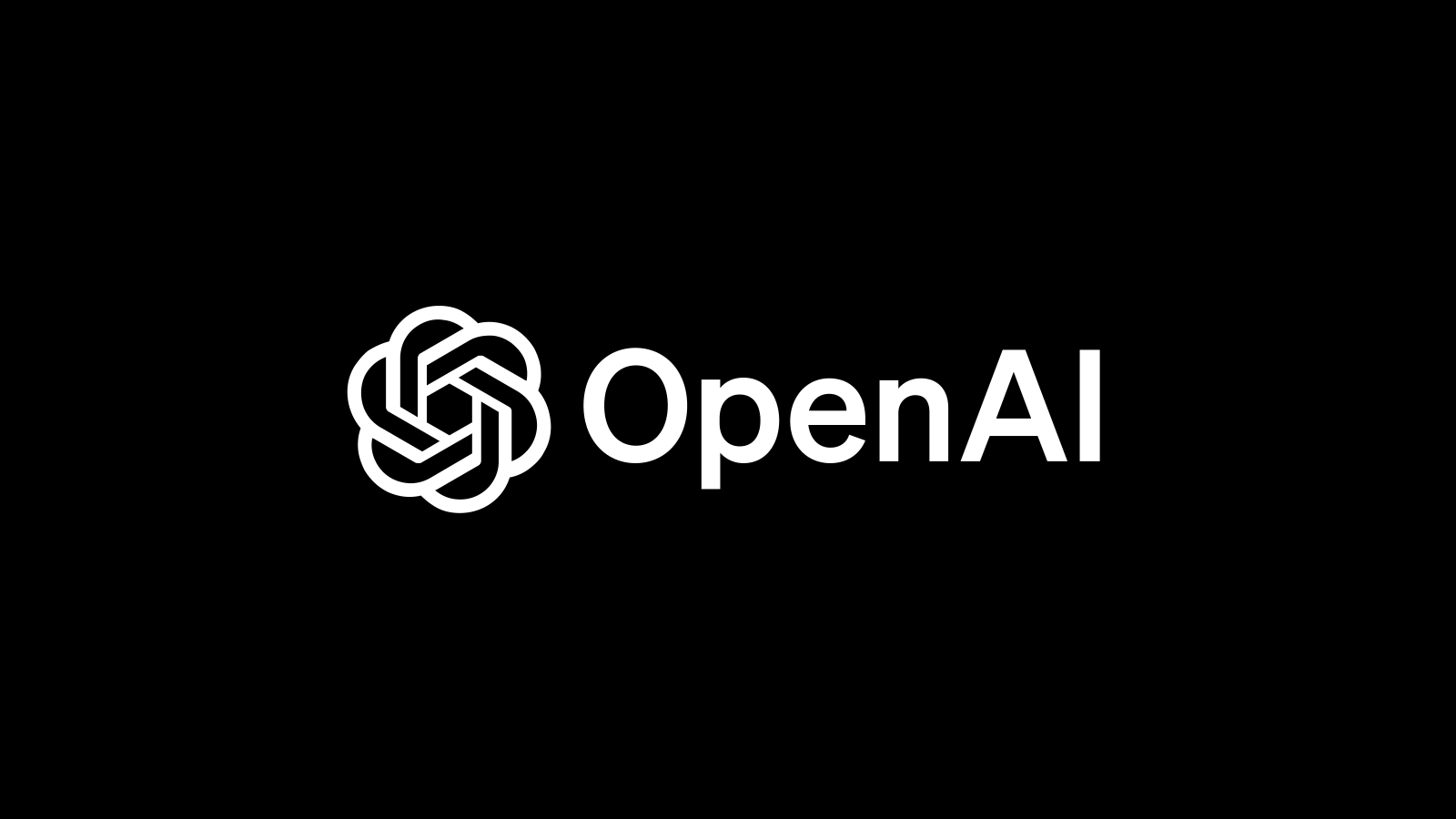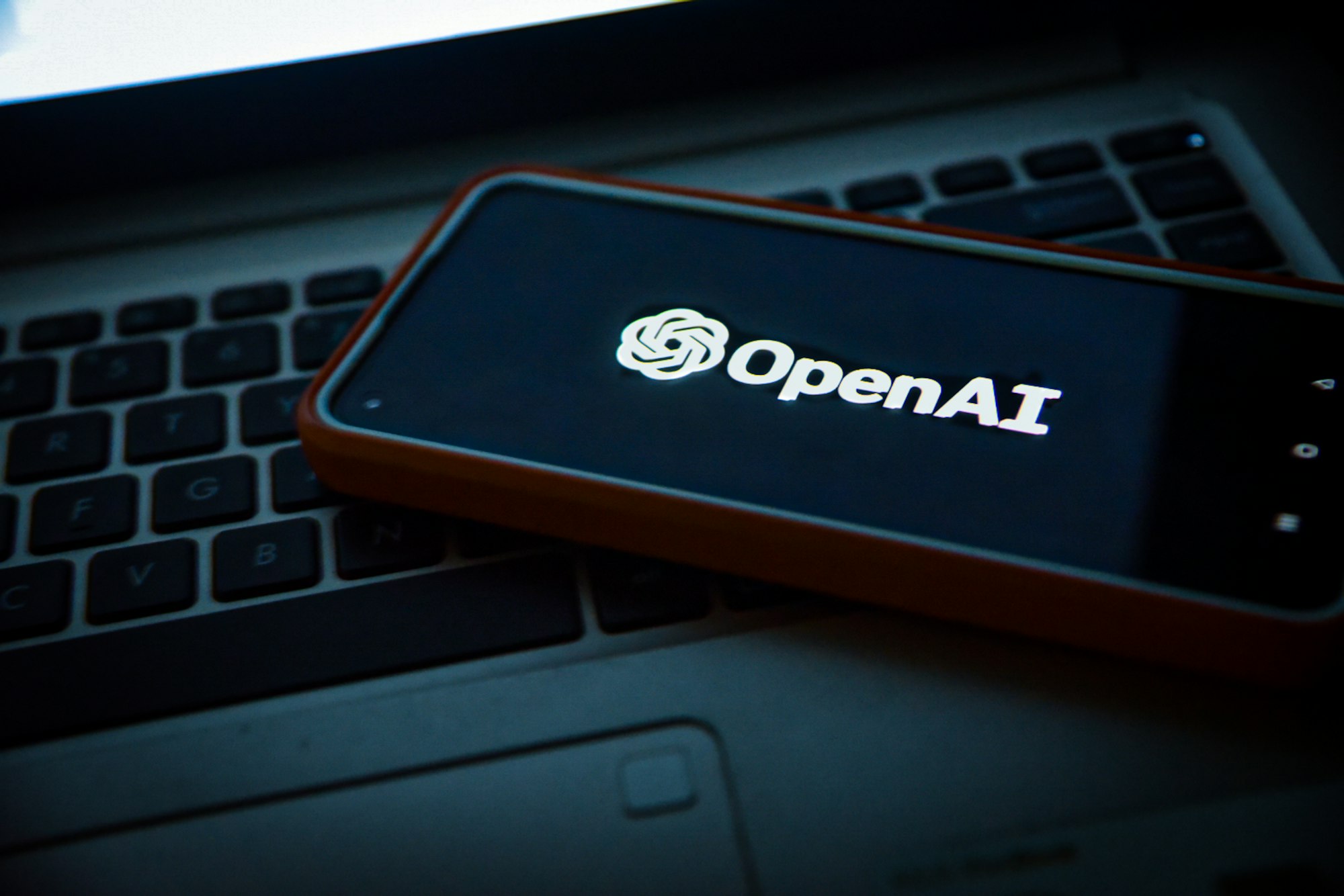In a remarkable stride within the tech industry, OpenAI, supported by tech giant Microsoft, has witnessed its valuation skyrocket to an astonishing $80 billion. This financial achievement, as reported by the New York Times on February 16, sets a new precedent for the artificial intelligence sector, reflecting the burgeoning interest and investment in AI technologies.

A New Chapter for OpenAI
At the heart of this financial leap is a strategic deal involving the sale of existing shares through a tender offer orchestrated by Thrive Capital. This approach, diverging from traditional funding rounds, provided an avenue for OpenAI employees to monetize their equity in the company, signaling a mature phase of growth and stability for the AI firm.
The tender offer, a collaborative effort alongside industry heavyweights such as Sequoia Capital, Andreessen Horowitz, and K2 Global, follows a similar initiative from the previous year, which had then pegged the AI giant’s valuation at $29 billion.
The substantial jump in valuation not only highlights OpenAI’s leading role in AI development but also underscores the tech community’s bullish outlook on the future of artificial intelligence.

Expanding Horizons: OpenAI’s Semiconductor Venture
Under the leadership of CEO Sam Altman, OpenAI is not resting on its laurels. The company is ambitiously extending its influence to the semiconductor industry, with plans to bolster global chip-making capabilities.
This initiative, as detailed in a Wall Street Journal report, involves discussions with investors, including the UAE government, aiming to fund a colossal tech project that could revolutionize AI technologies’ efficiency and accessibility. With an estimated budget ranging from $5 trillion to $7 trillion, this venture marks a bold step toward redefining the technological landscape.
Navigating Challenges: The ‘GPT’ Trademark Hurdle
Despite these advancements, OpenAI has faced its share of challenges. A notable setback occurred with the US Patent and Trademark Office’s rejection of OpenAI’s application to trademark ‘GPT.’
This decision, driven by the term’s broad and generic nature, underscores the ongoing tension between protecting intellectual property and ensuring the public’s understanding of complex technical terms. The company’s legal team continues to contest this decision, emphasizing the term’s specialized significance within the AI community.
OpenAI went from $27 BILLION to $80 BILLION valuation in less than 10 months
They'll be raising at $250 BILLION in the next year most likely lol
For a company that did a public launch less than 18 months ago, that is an insane figure
The 10 year overnight success pic.twitter.com/73oYuEQbV8
— M.M (@Monz_ah) February 20, 2024
Sora: Pioneering the Future of AI-Generated Video
Amidst these developments, the AI giant has introduced ‘Sora,’ a groundbreaking AI model capable of creating minute-long videos from text prompts. This innovation positions OpenAI at the forefront of the text-to-video technology race, alongside giants such as Meta and Google.
However, the release of Sora to the public is on hold, as the company conducts extensive evaluations to mitigate potential misuse risks, demonstrating the company’s commitment to ethical AI development and deployment. OpenAI’s journey, marked by significant financial milestones, ambitious technological ventures, and ethical foresight, illustrates the dynamic and complex nature of the AI industry’s evolution.
As the company continues to navigate legal, ethical, and technological challenges, its actions and decisions will likely shape the future direction of artificial intelligence, influencing both the tech industry and society at large.

In a world where AI’s potential and pitfalls are increasingly under scrutiny, OpenAI’s strategies and innovations offer valuable insights into the responsible development and application of these transformative technologies.


